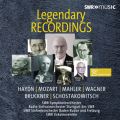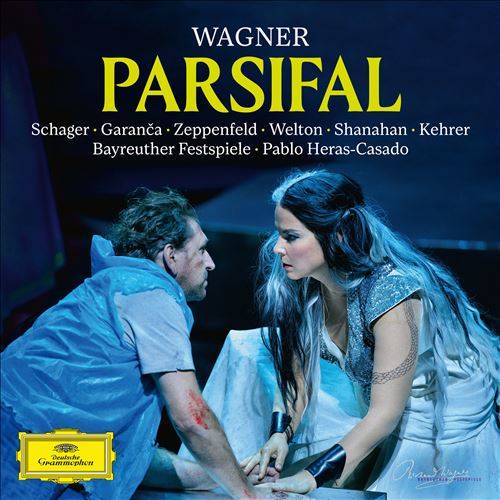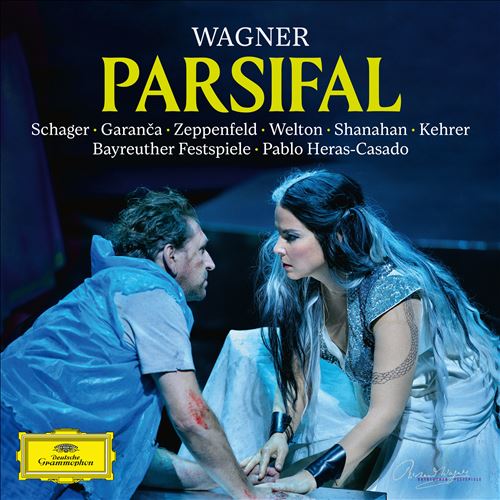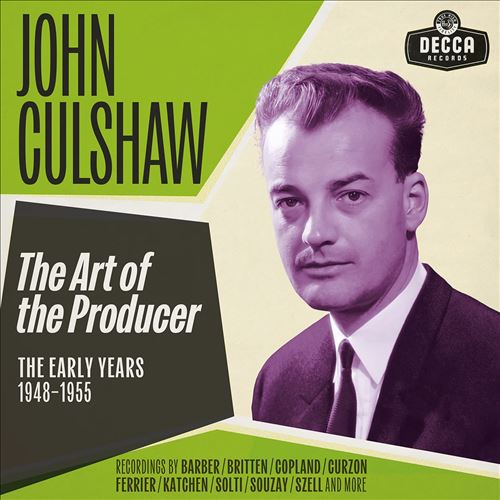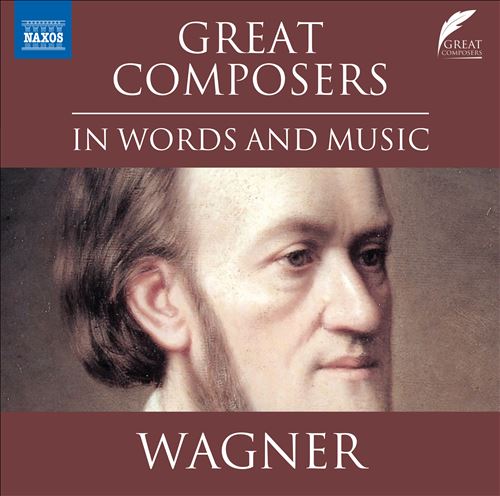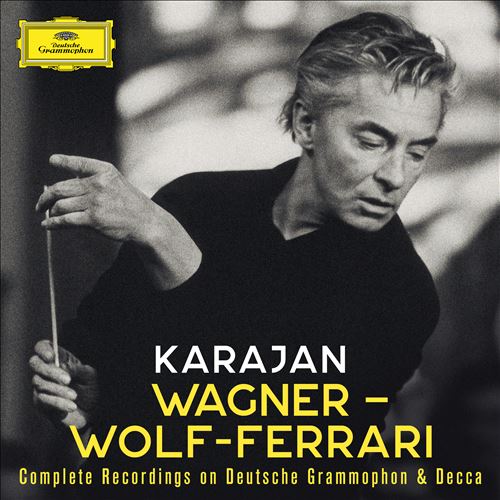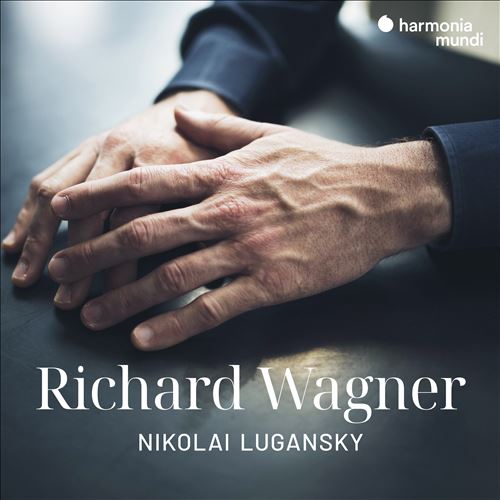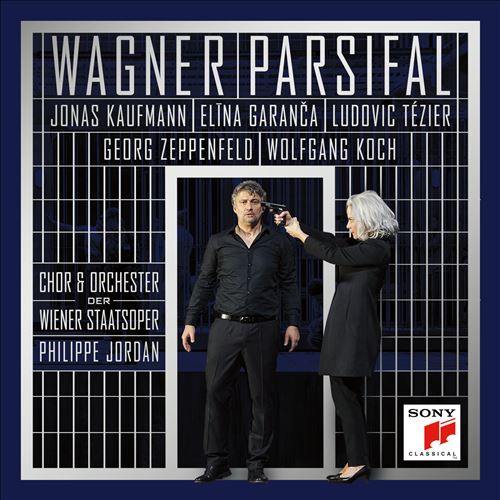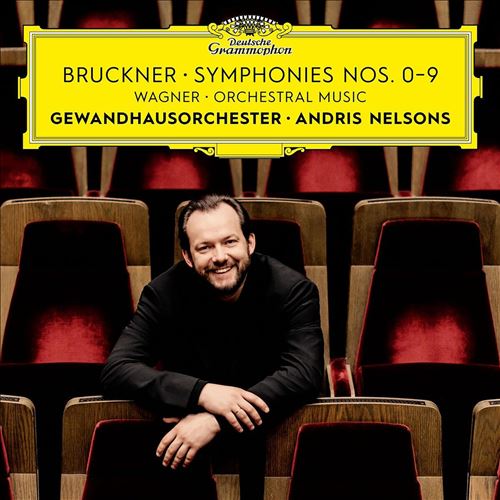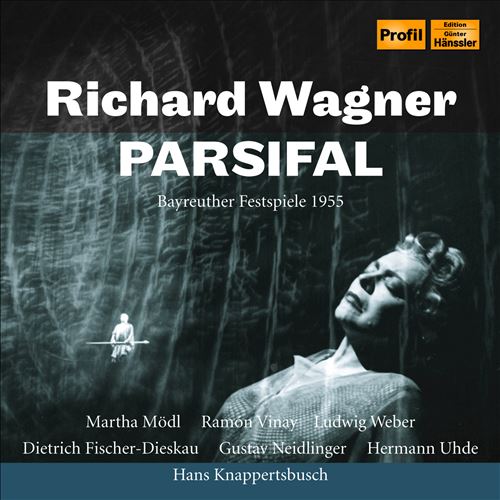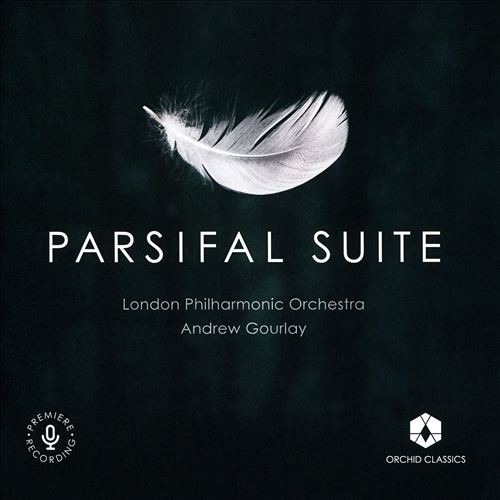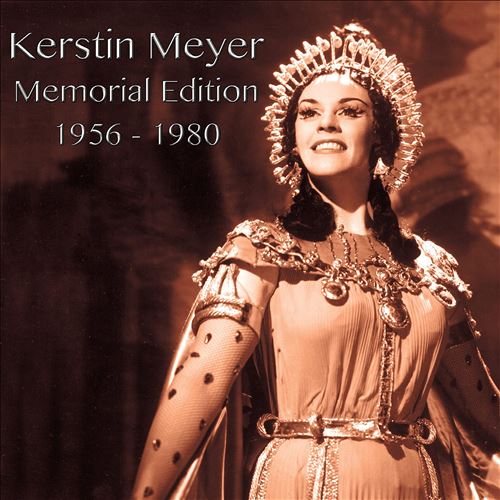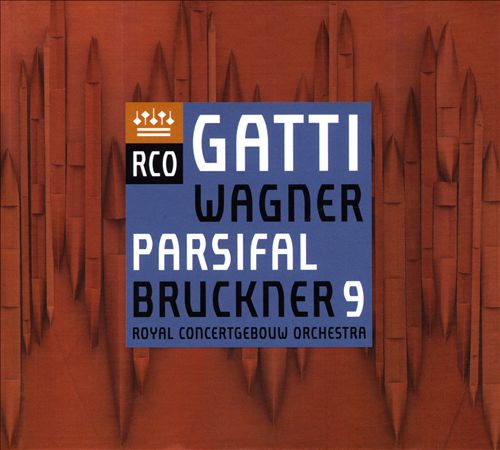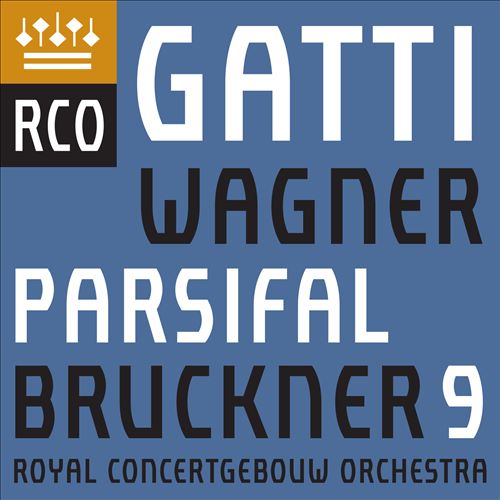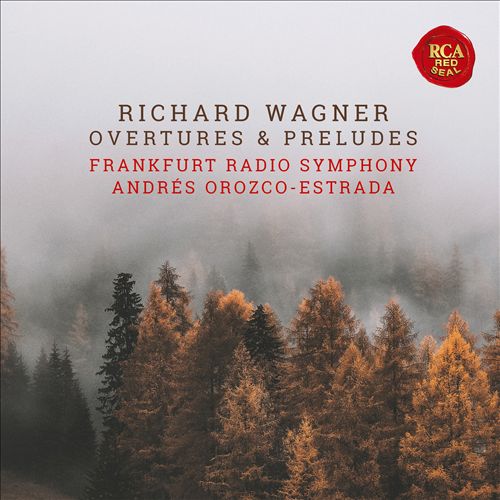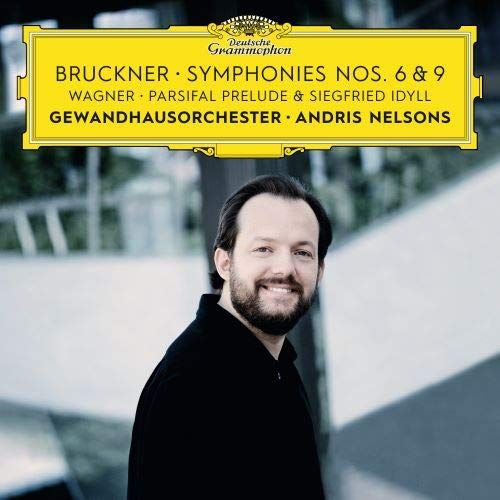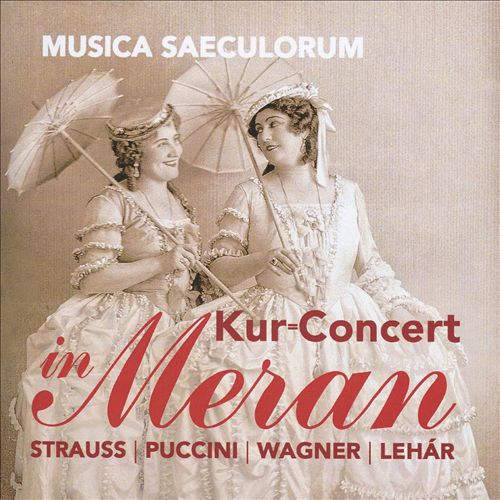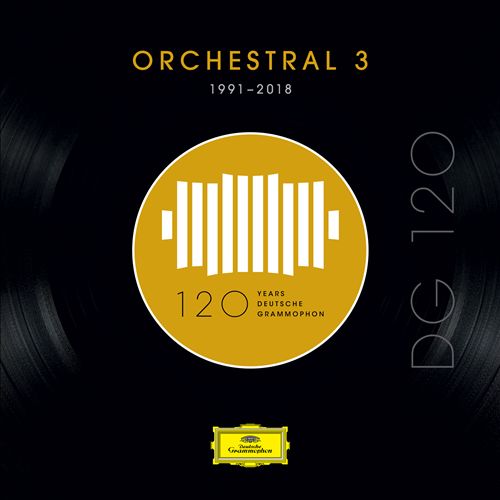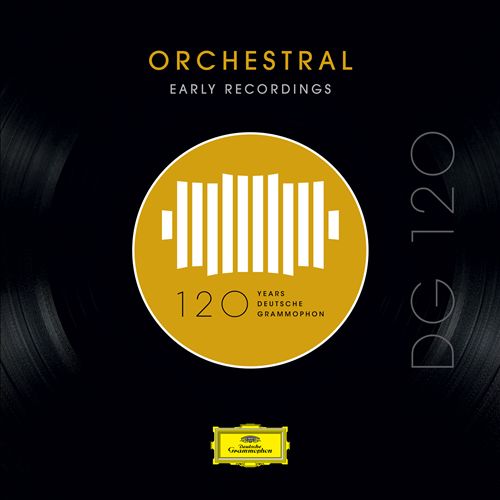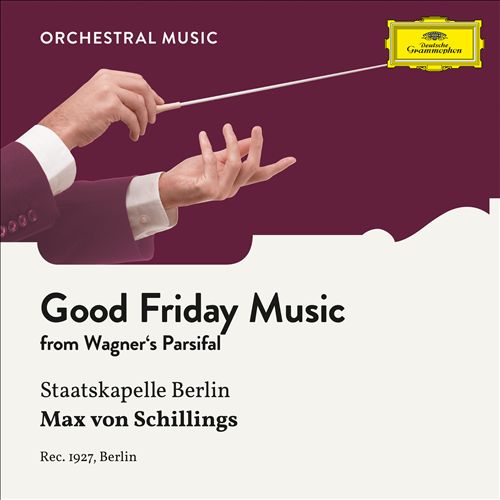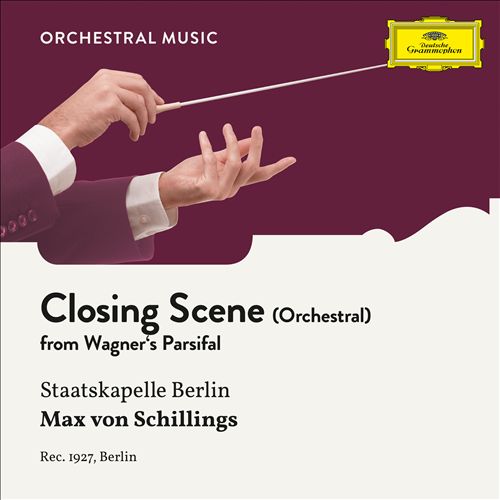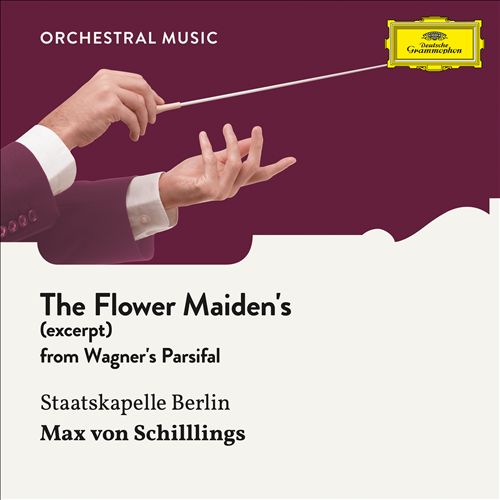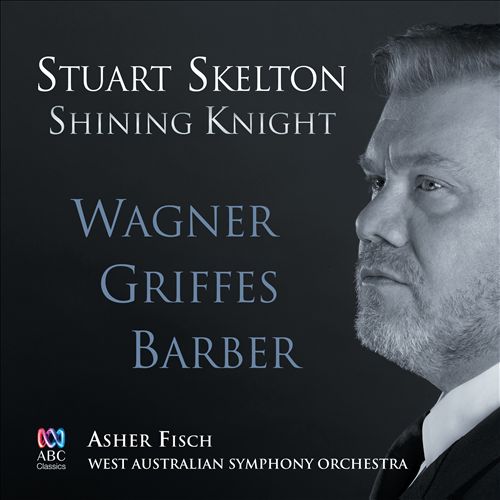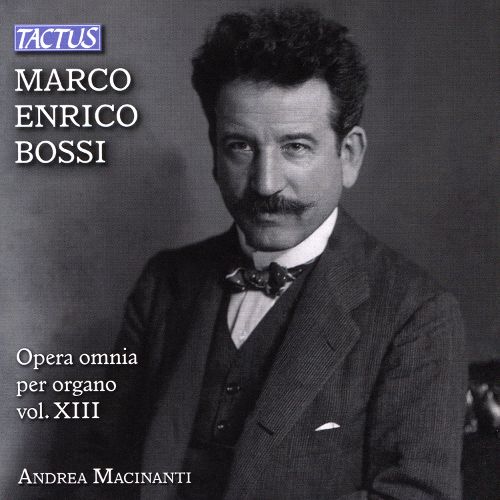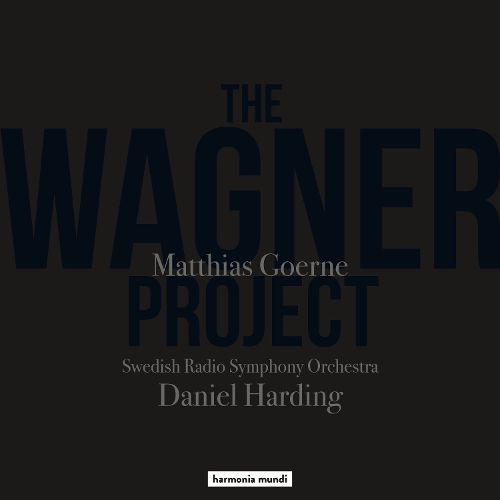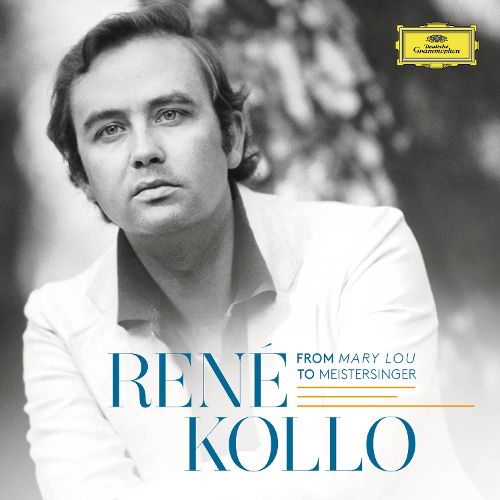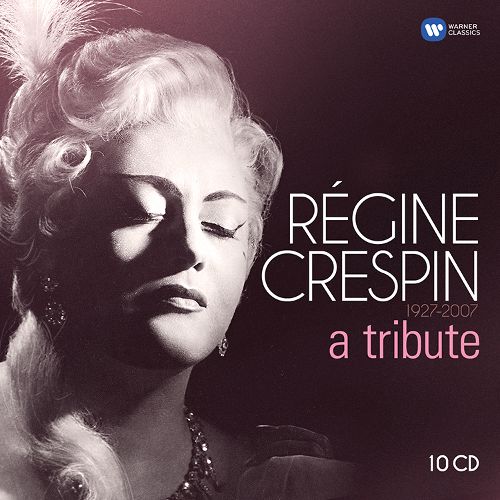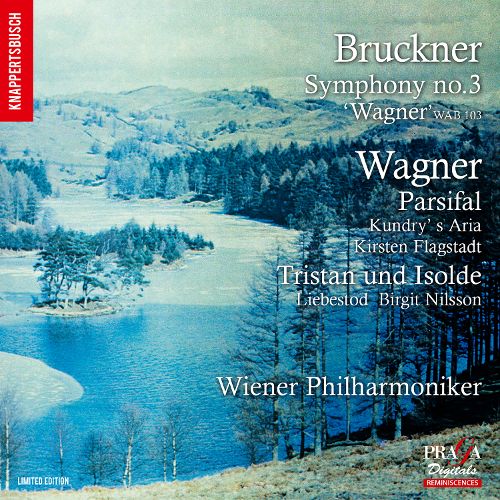Richard Wagner (리하르트 바그너)
Parsifal
100
10,000
1,400
WORK INFO
작곡가: Richard Wagner (리하르트 바그너)작곡년도: 1878 - 1882평균연주: 227:40악장1Prelude13:092Act 1 : No. 2, He! ho! Waldhüter ihr6:013Act 1 : No. 3, Hei! Wie fliegen der Teufelsmahre die Mahnen6:274Act 1 : No. 4, Recht so! - Habt Dank! Ein wenig Rast5:555Act 1 : No. 5, Wann alles ratlos steht3:536Act 1 : No. 6, Das ist ein andres5:287Act 1 : No. 7, Titurel, der fromme Held8:238Act 1 : No. 8, Weh! Weh! Hoho! Auf!5:289Act 1 : No. 9, Unerhortes Werk!3:3910Act 1 : No. 10, Den Vaterlosen gebar die Mutter3:3111Act 1 : No. 11, So recht! So nach des Grales Gnade2:5912Act 1 : No. 12a, Vom Bade kehrt der König heim4:4713Act 1 : No. 12b, (Transformation Scene)5:4214Act 1 : No. 13, Nun achte wohl... Zum letzten Liebesmahle7:3215Act 1 : No. 14a, Mein Sohn Amfortas, bist du am Amt?5:3716Act 1 : No. 14b, Nein! Lasst ihn unenthüllt8:3417Act 1 : No. 14c, Wehvolles Erbe, dem ich verfallen7:5018Act 1 : No. 15, Durch Mitleid Wissend, der reine Tor5:1619Act 2 : No. 16, Prelude3:0320Act 2 : No. 17, Die Zeit ist da3:5621Act 2 : No. 18, Ach! Tiefe Nacht... Furchtbare Not!5:3722Act 2 : No. 19, Hier war das Tosen!3:3923Act 2 : No. 20, Komm, holder Knabe!4:5124Act 2 : No. 21, Dies alles - hab' ich nun geträumt?3:3425Act 2 : No. 22, Ich sah das Kind5:2526Act 2 : No. 23, Wehe! Wehe! Was tat ich?5:1827Act 2 : No. 24, Amfortas! Die wunde!6:5128Act 2 : No. 25, Grausamer! Fuhlst du im Herzen8:5429Act 2 : No. 26, Auf Ewigkeit warst du verdammt mir fur eine Stunde5:3030Act 3 : No. 27, Prelude5:4131Act 3 : No. 28, Von dorther kam das Stöhnen6:1532Act 3 : No. 29, Heil dir, mein Gast!5:4133Act 3 : No. 30, Zu ihm, des tiefe Klagen2:5834Act 3 : No. 31, O Gnade! Hochstes Heil!6:3335Act 3 : No. 32, Du wuschest mir die Fusse7:3136Act 3 : No. 33a, Mittag - Die Stund'ist da4:5737Act 3 : No. 33b, Geleiten wir im bergenden Schrein4:1438Act 3 : No. 34, Ja, Wehe! Wehe! Weh' über mich!6:4739Act 3 : No. 35, Nur eine Waffe taugt5:5740Act 3 : No. 36, Good Friday music (concert version)10:43Uncompleted operas
- Die Laune des Verliebten (1830)
- Die Hochzeit
- Männerlist größer als Frauenlist (1838)
Parsifal (WWV 111) is an opera in three acts by Richard Wagner. It is loosely based on Parzival by Wolfram von Eschenbach, a 13th-century epic poem of the Arthurian knight Parzival (Percival) and his quest for the Holy Grail (12 с.). Wagner first conceived the work in April 1857 but did not finish it until twenty-five years later. It was Wagner's last completed opera and in composing it he took advantage of the particular acoustics of his Bayreuth Festspielhaus. Parsifal was first produced at the second Bayreuth Festival in 1882. The Bayreuth Festival maintained a monopoly on Parsifal productions until 1903, when the opera was performed at the Metropolitan Opera in New York. Wagner described Parsifal not as an opera, but as "ein Bühnenweihfestspiel" ("A Festival Play for the Consecration of the Stage"). At Bayreuth a tradition has arisen that there is no applause after the first act of the opera. Wagner's spelling of Parsifal instead of the Parzival he had used up to 1877 is informed by an erroneous etymology of the name Percival deriving it from a supposedly Persian origin, Fal Parsi meaning "pure fool".
- v
- t
- e
Wagner first read von Eschenbach's poem Parzival while taking the waters at Marienbad in 1845. After encountering Arthur Schopenhauer's writings in 1854, Wagner became interested in oriental philosophies, especially Buddhism. Out of this interest came Die Sieger (The Victors, 1856) a sketch Wagner wrote for an opera based on a story from the life of Buddha. The themes which were later explored in Parsifal of self-renouncing, reincarnation, compassion, and even exclusive social groups (castes in Die Sieger, the Knights of the Grail in Parsifal) were first introduced in Die Sieger.From WIKIPEDIA
RELEASED ALBUMS
-
Legendary RecordingsJune 13, 2025
-
Maria [Original Motion Picture Soundtrack]November 29, 2024
-
Richard Wagner: An Organic Journey - Eight Historical Organ TranscriptionsNovember 22, 2024
-
Wagner: Parsifal - Act II. Ich sah das Kind an seiner Mutter BrustJune 14, 2024
-
Wagner: Parsifal - Act III PreludeMay 31, 2024
-
John Culshaw: The Art of the Producer – The Early Years 1948-1955May 31, 2024
-
Great Composers in Words and Music: WagnerMay 10, 2024
-
Karajan A-Z: Wagner, Wolf-FerrariApril 19, 2024
-
Richard WagnerMarch 8, 2024
-
Wagner: ParsifalMarch 1, 2024
-
Bruckner: Symphonies Nos. 0-9; Wagner: Orchestral MusicNovember 10, 2023
-
Richard Wagner: Parsifal (Bayreuther Festspeile 1955)June 2, 2023
-
Parsifal SuiteNovember 4, 2022
-
Kerstin Meyer: Memorial Edition, 1956-1980July 15, 2022
-
Wagner: Parsifal; Bruckner 9December 6, 2019
-
Wagner: Parsifal - Act 3. PreludeNovember 1, 2019
-
Richard Wagner: Overtures & PreludesSeptember 6, 2019
-
Bruckner: Symphonies Nos. 6 & 9; Wagner: Siegfried Idyll; Parsifal PreludeMay 3, 2019
-
Kur-Concert in MeranMarch 15, 2019
-
DG 120: Orchestral 3, 1991-2018October 5, 2018
-
DG 120: Orchestral, Early RecordingsOctober 5, 2018
-
Good Friday Music from Wagner's ParsifalSeptember 21, 2018
-
Closing Scene (Orchestral) from Wagner's ParsifalSeptember 21, 2018
-
The Flower Maidens (Excerpt) from Wagner's ParsifalAugust 3, 2018
-
Shining Knight: Wagner, Griffes, BarberJuly 27, 2018
-
Marco Enrico Bossi: Opera omnia per organo Vol. 13May 4, 2018
-
The Wagner ProjectDecember 8, 2017
-
René Kollo: From Mary Lou to MeistersingerNovember 10, 2017
-
Régine Crespin: A TributeOctober 20, 2017
-
Bruckner: Symphony No. 3 "Wagner" WAB 103; Wagner: Parsifal; Tristan und IsoldeSeptember 22, 2017
FEATURED MOVIES
-
 14:25바그너: 파르지팔 Prelude
14:25바그너: 파르지팔 Prelude -
 31:02바그너: 파르지팔 Prelude2012년 5월 8일예술의전당 콘서트홀
31:02바그너: 파르지팔 Prelude2012년 5월 8일예술의전당 콘서트홀
ALBUM MUSIC
WORKS SHOUTS


